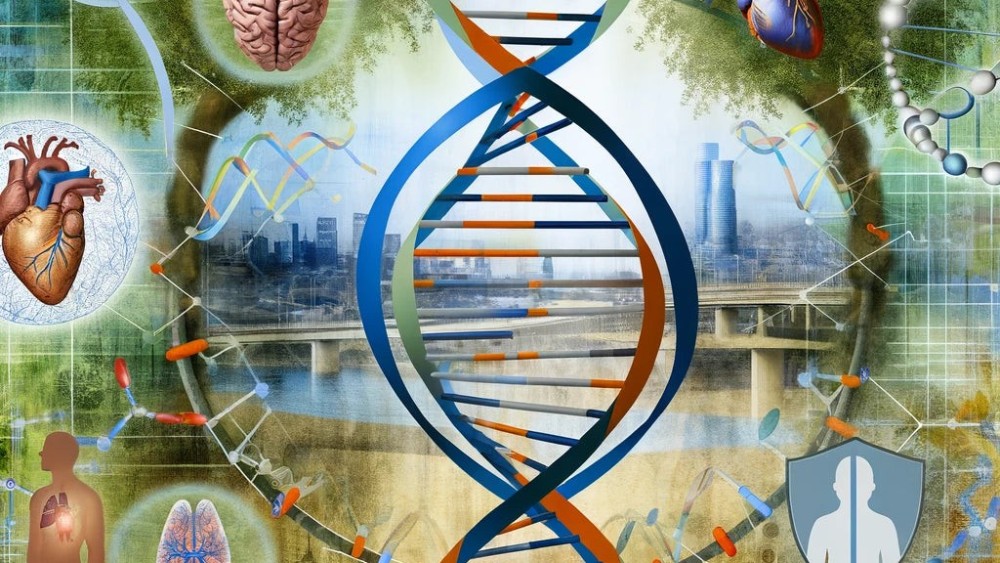The genetics of ADHD

posted 3rd February 2025
Can ADHD be hereditary?
- Yes, ADHD can be hereditary.
- Research indicates that genetics play a significant role in the development of ADHD.
- Studies have shown that ADHD tends to run in families, and individuals with a parent or sibling with ADHD are at a higher risk of developing the condition themselves.
- Genetic factors are believed to contribute to the complex interplay of brain chemistry and function that characterizes ADHD.
What are the inheritance patterns of ADHD?
- The inheritance patterns of ADHD are complex and not fully understood, but it is generally believed to be influenced by multiple genes rather than a single gene.
- ADHD does not follow a simple Mendelian inheritance pattern (like dominant or recessive traits).
- Instead, it is considered a polygenic condition, meaning that several genes contribute to the risk of developing ADHD.
- Family Studies
- ADHD often runs in families, suggesting a hereditary component.
- Children with a parent or sibling with ADHD are more likely to develop the condition.
- Twin Studies
- Research involving twins has shown that if one twin has ADHD, the other twin is more likely to have it as well, especially in identical twins, indicating a strong genetic influence.
- Genetic Variants
- Specific genetic variants have been associated with ADHD, but no single gene has been identified as the sole cause.
- These variants can affect neurotransmitter systems, brain development, and other factors related to ADHD.
Overall, the inheritance of ADHD involves a combination of genetic factors that increase susceptibility to the disorder.
How does ADHD relate to autism genetically?
- ADHD and autism spectrum disorder (ASD) are both neurodevelopmental conditions that can share some genetic links.
- Research has shown that there is a significant genetic overlap between the two disorders, meaning that some of the same genetic factors may contribute to both ADHD and ASD.
- Key points about their genetic relationship
- Shared Genetic Variants
- Studies have identified certain genetic variants that are common to both ADHD and ASD.
- These shared genetic factors can influence brain development and function, contributing to the symptoms seen in both conditions.
- Family Studies
- Families with a history of ADHD are more likely to have members with ASD and vice versa, suggesting a genetic connection between the two disorders.
- Polygenic Nature
- Both ADHD and ASD are polygenic, meaning that multiple genes contribute to the risk of developing these conditions.
- The complex interplay of these genes can result in a range of neurodevelopmental outcomes, including ADHD, ASD, or both.
- Neurotransmitter Systems
- Some of the genetic factors involved in ADHD and ASD affect neurotransmitter systems, such as dopamine and serotonin, which play crucial roles in brain function and behavior.
While ADHD and ASD are distinct conditions with their own diagnostic criteria, their genetic overlap indicates that they may share some underlying biological mechanisms.
This genetic relationship helps explain why individuals with one condition may exhibit symptoms of the other and why both conditions can co-occur in the same individual.

